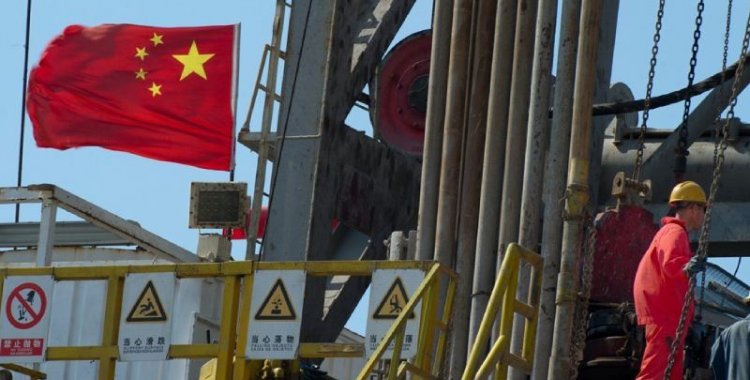This fall further reduced Africa's participation in the 13.2 percent Chinese oil market last year to just over 10 percent in the first three quarters of 2022, according to a report by the specialized consultant in the energy market based on data from Chinese customs and industry sources.
Angola remains the only African country on China's ten largest oil suppliers, but Luanda is also suffering from the decline of Chinese purchases on the continent. In the first nine months of this year, Angola's gross oil exports to China fell 59.4 percent, in homologous terms, according to Chinese official data.
According to a survey by David Shinn, a researcher in China - Africa, George Washington University Relations in 2008, China had almost a third of its Africa oil. Within a decade, the volume of Chinese purchases fell 18 percent, according to the same source.
The conflict in Ukraine accelerated this process. Chinese imports from Russia, especially oil and gas, more than doubled, increasing 110.5 percent in October, compared to the previous year, to $ 10.2 billion, according to official data released by Administration this week General of Customs of the Asian country.
China can buy energy from Russia without conflicting the sanctions imposed by the United States, Europe and Japan. Beijing is intensifying purchases to enjoy the Russian discounts. This causes frictions with Washington and allied countries by increasing Moscow Cash Flow and limiting the impact of sanctions.
Chinese private sector refineries were the ones that most contributed to the reduction of purchases to Africa, due to the most attractive prices not only from Russia, but also from Iran and Venezuela, according to Global S&P.
This transition to the energy market is widened to the majority of the Asian continent, although it is more evident in the case of China, which is the largest raw importer in the world.
Global S&P predicts that Asia will close 2022 with a sharp drop in African oil purchases, given relatively higher freight rates, a higher difference in Brent and Dubai oil quotes and the increase in competition from European refineries, looking for Alternatives in Africa, in view of the sanctions imposed on Russia.
Africa's participation in the Indian oil market fell from 12.5 to 8.4 percent between January and September 2022, compared to the same period, as Indian refineries also took advantage of Russia's discounts.
Also Japan and South Korea have reduced African oil purchases, but in this case they increased purchases to Saudi Arabia and other Persian Gulf countries.







